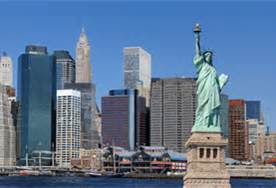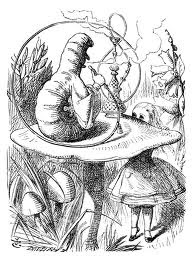How America Became Wealthy: Introductory Remarks

INTRODUCTION This post and the next is on the topic of economic development and its contribution to economic growth. Since the beginning of the Industrial Revolution more than 200 years ago, this is the central economic dynamic. The following are factors that led to American economic development, many in place before the beginning of the Industrial Revolution. The United States, more than any other country, was positioned to take advantage of the new technology and ideas that were the basis of the Industrial Revolution. The following is an outline of those factors. For the full story of the early decades of America's Industrial Revolution, see Engines of Change and some of the excellent histories written about America after the Revolution. FACTORS IN AMERICAN ECONOMIC DEVELOPMENT AND GROWTH The usual narrative centers on the inventors and entrepreneurs who developed and commercialized new production and transportation technology and tech


